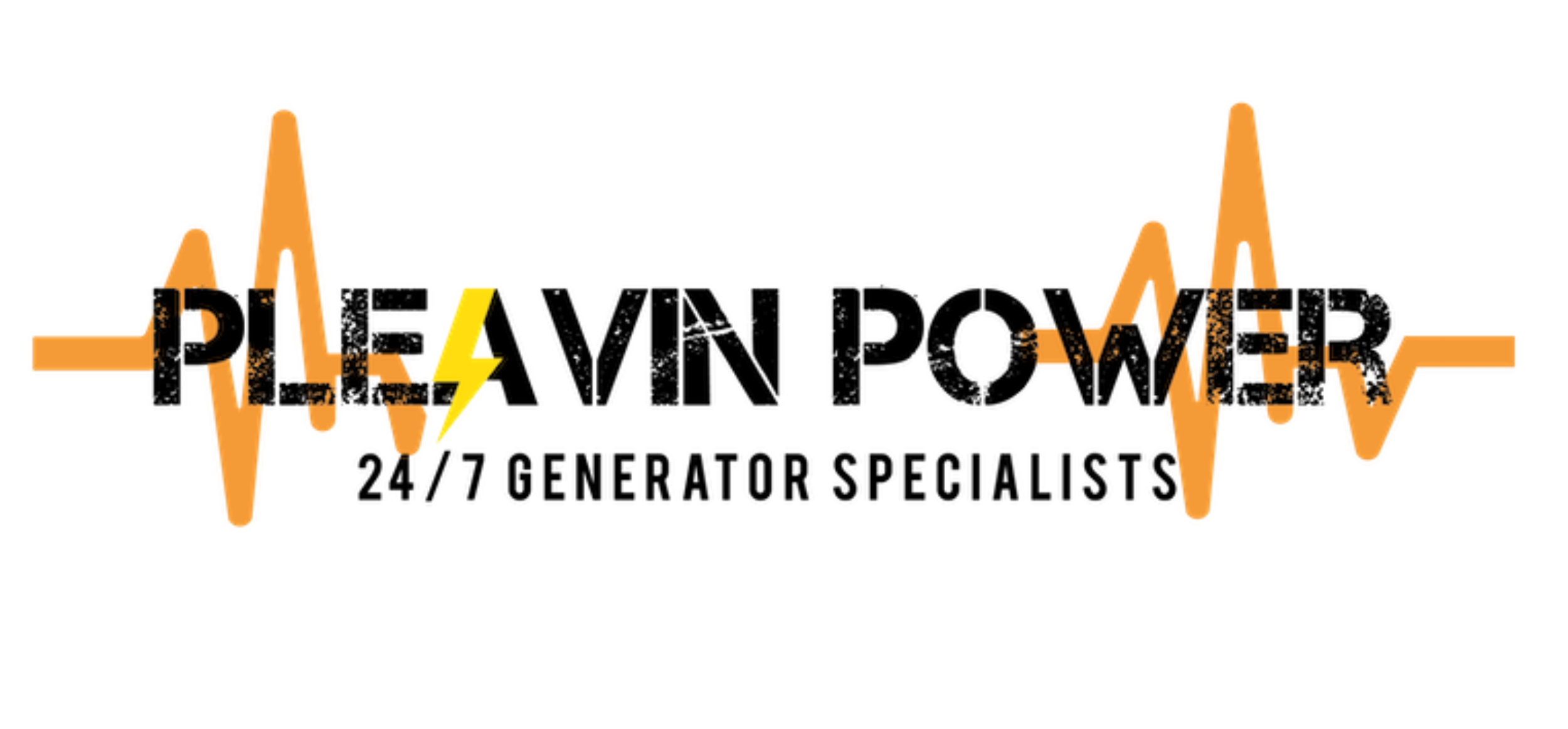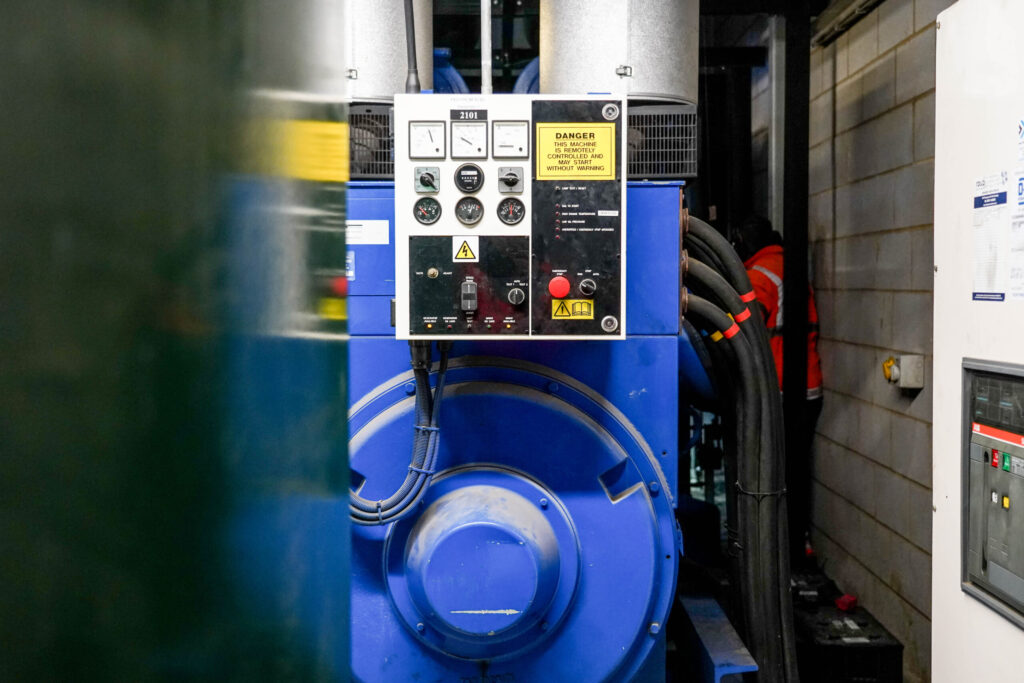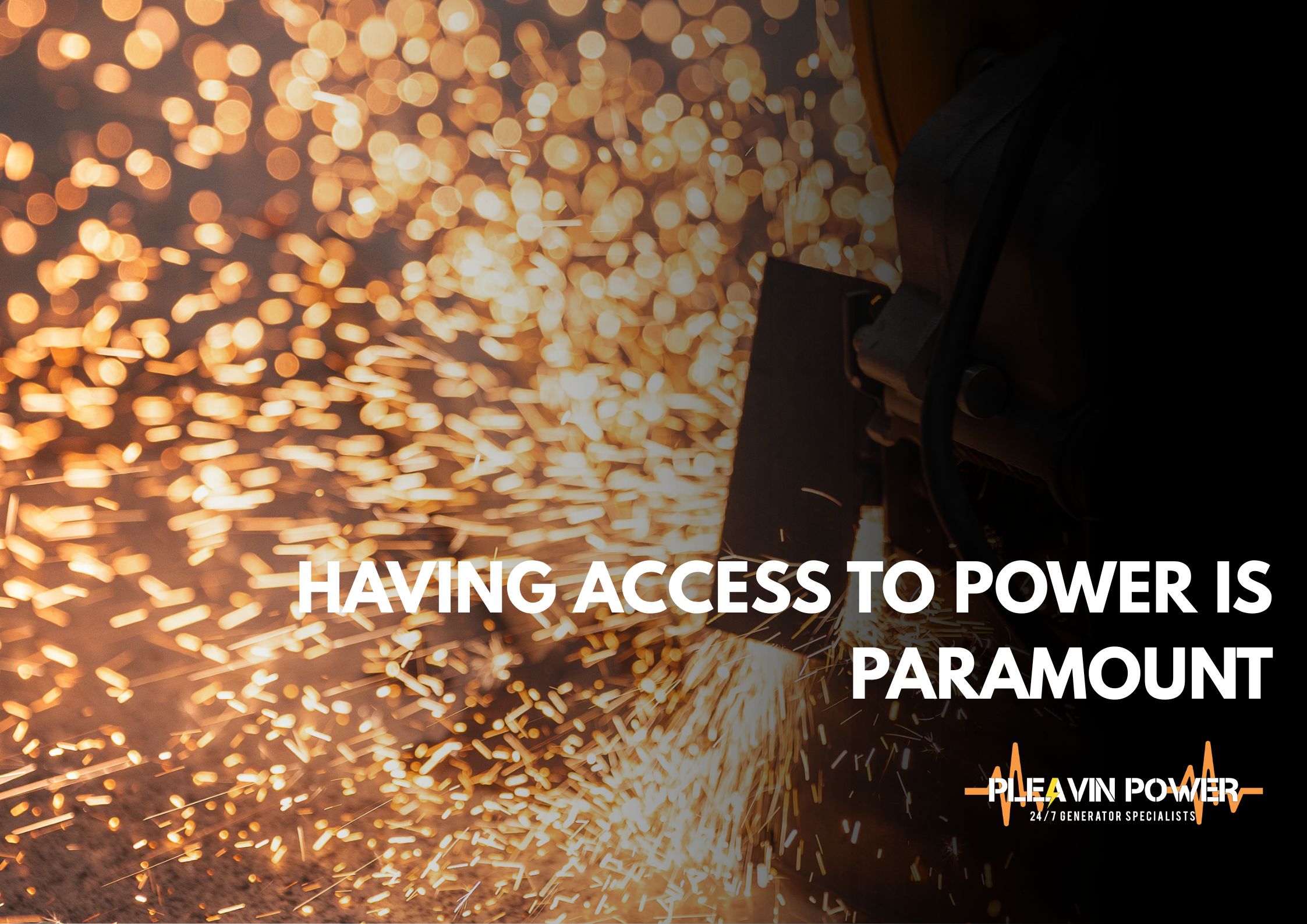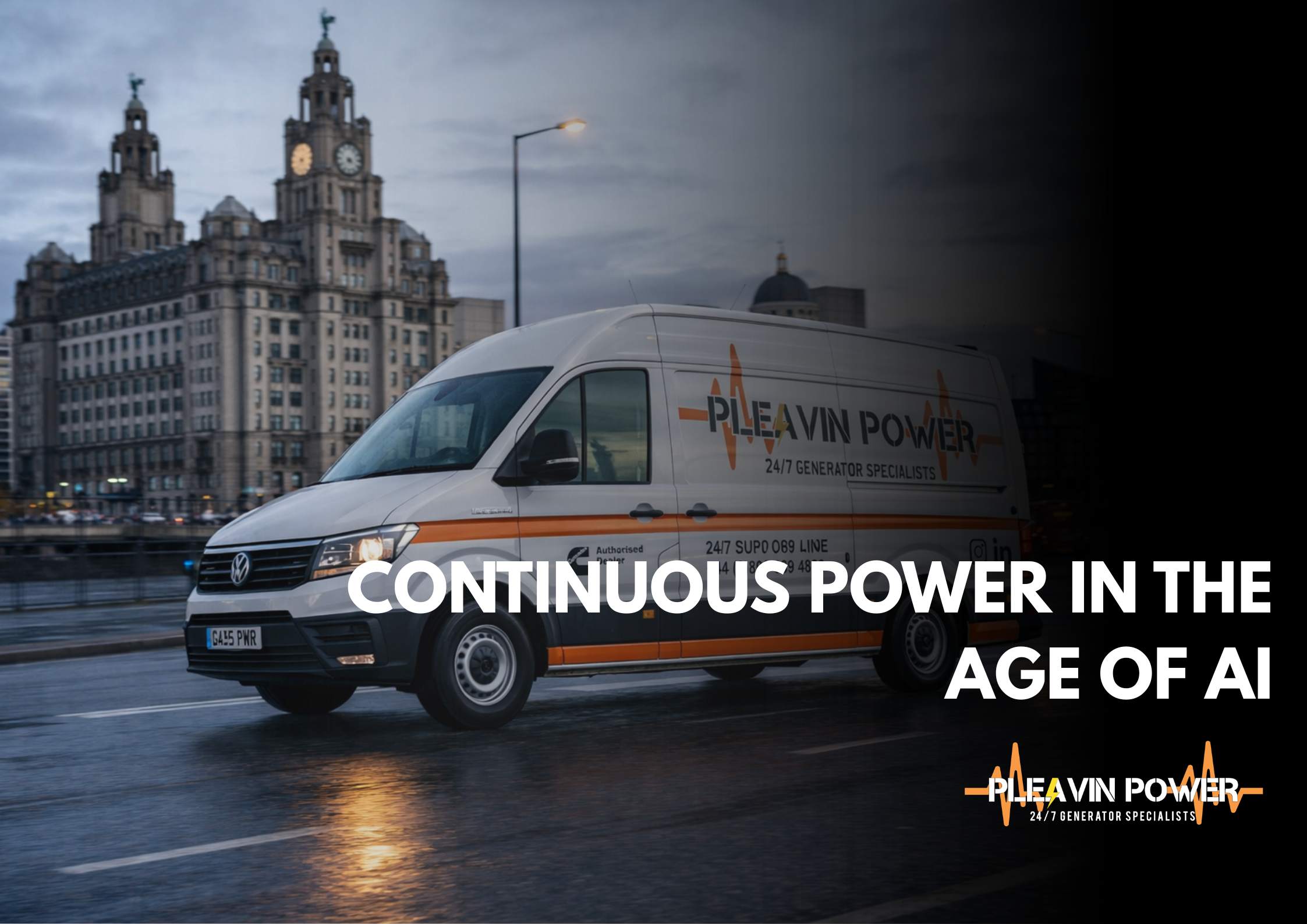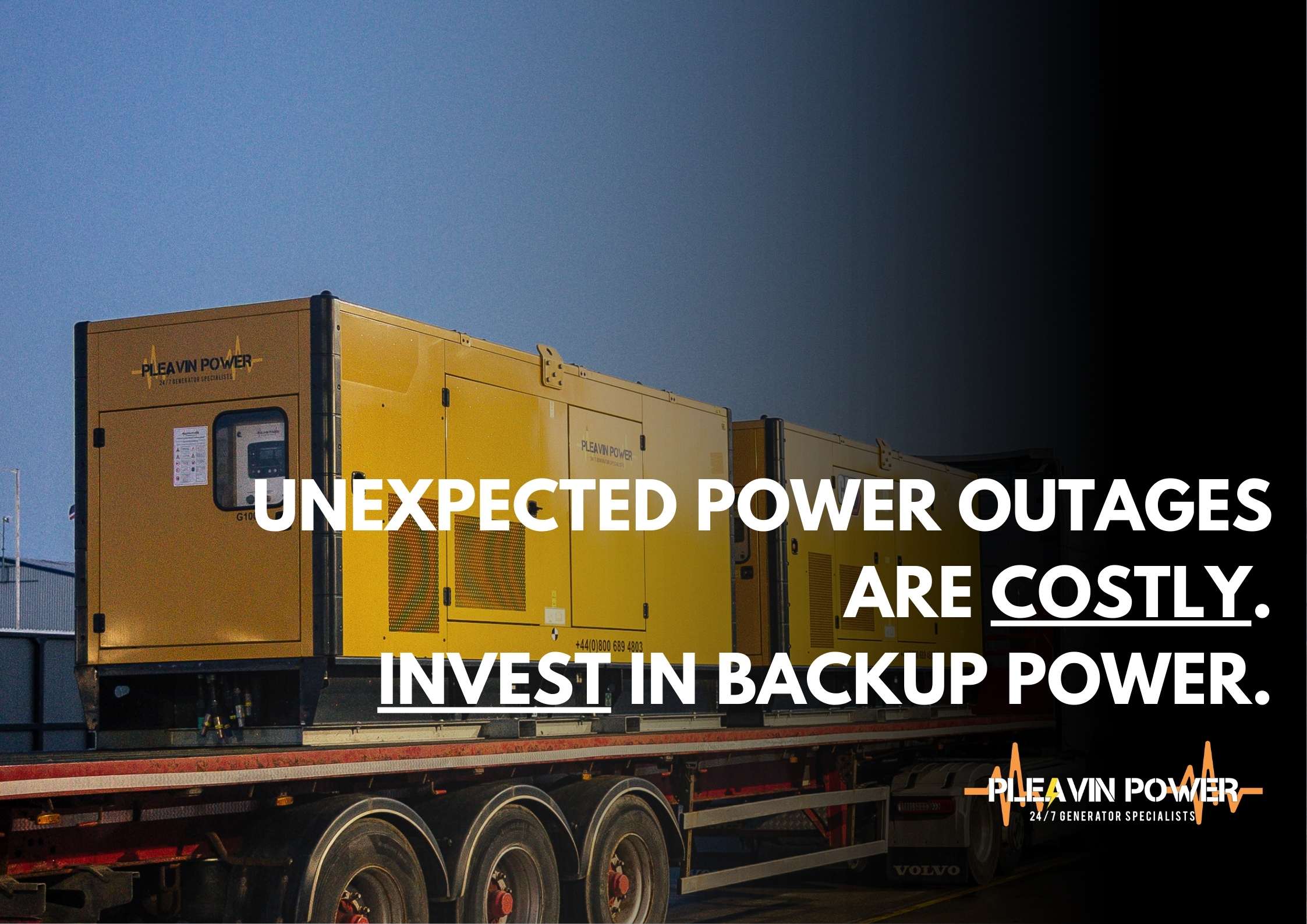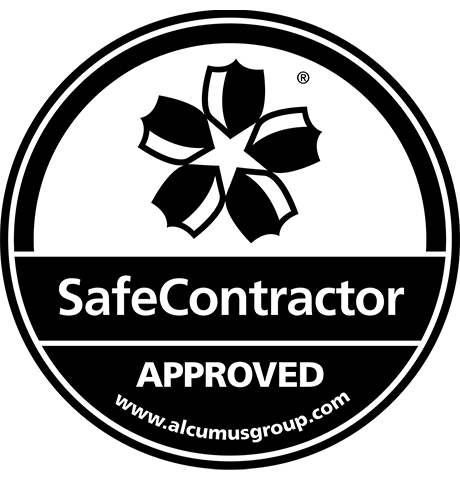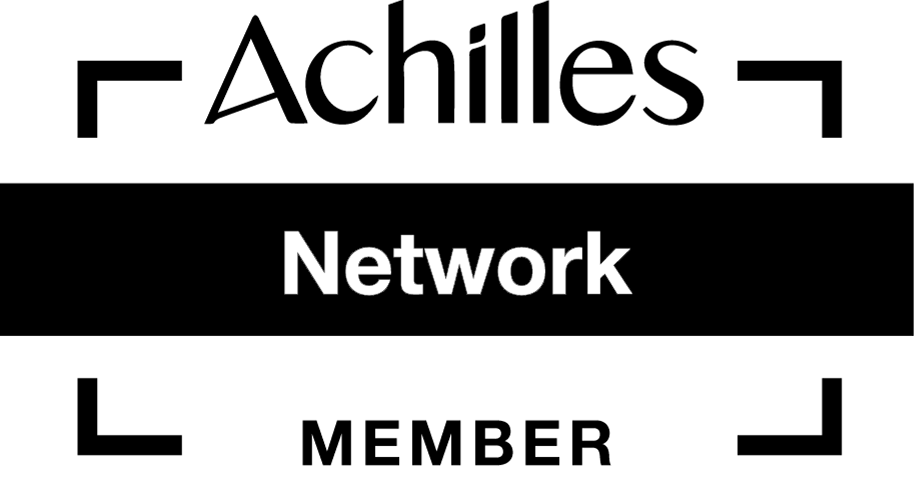The importance of electricity in the daily lives of most people cannot be understated. From keeping our homes lit and warm to running our businesses and charging our devices, it’s easy to take the convenience of electricity for granted until it’s suddenly unavailable.
Whether due to severe weather, infrastructure issues, or remote locations, power outages can disrupt our lives in significant ways.
This is where generators become important pieces of equipment, providing a reliable source of power when the grid fails. In this blog, we will look at some of the best uses for a generator and why investing in one may be imperative in various situations.
What Is A Generator Used For?
There are various different ways in which a generator can be used from being a backup power source for businesses in need to providing your home with power during an emergency power outage.
No matter what you feel you need your generator for, it is vital that you never find yourself in a situation where you are in need of a generator without having one as this can be detrimental to business productivity and your home power.
Emergency Backup Power
Perhaps the most obvious and important use of a generator is as a backup power source during emergencies. Natural disasters such as hurricanes, blizzards, or earthquakes can knock out power for hours, days, or even weeks.
In such situations, a generator can keep essential appliances running, including refrigerators, freezers, medical devices, and communication devices. This ensures that you can maintain a semblance of normalcy and safety until regular power is restored.
Outdoor Events and Activities
From camping trips to outdoor parties, portable generators are perfect for all kinds of outdoor actvities if you need power in an outdoor area. They power lights, stoves, grills, and electronic devices, allowing us to enjoy our time outdoors without sacrificing convenience. Portable generators, in particular, are lightweight and easy to transport, making them ideal for tailgating, RV trips, or powering tools at remote job sites.
Construction and Work Sites
Generators offer flexibility in construction scheduling, allowing work to continue around the clock if needed, without being constrained by daylight hours or power availability. This flexibility can expedite project timelines and help meet deadlines, ultimately saving time and money.
Additionally, generators can be scaled to meet the specific power demands of different construction projects, from small residential developments to large-scale infrastructure initiatives. Their reliability and adaptability make them essential assets in the construction industry, ensuring productivity and progress even in challenging environments.
Medical Facilities
Hospitals, clinics, and other medical facilities rely on a consistent power supply to operate life-saving equipment. In the event of a power outage, generators kick in to ensure that critical systems such as ventilators, monitors, and life support machines continue to function uninterrupted.
For individuals who rely on medical devices at home, such as oxygen concentrators or CPAP machines, a generator can be a literal lifesaver during power outages.
Backup Power For Businesses
For businesses, downtime means a loss of revenue. Whether you run a small retail store or a large manufacturing plant, a power outage can disrupt operations and result in financial losses.
Generators serve as a vital component of business continuity plans, ensuring that essential systems remain operational during blackouts. They can power computers, servers, cash registers, security systems, and HVAC systems, allowing businesses to continue serving customers and maintaining productivity.
Agricultural Needs
Farms and agricultural operations often span large areas in rural or remote locations. Generators are indispensable tools for powering irrigation systems, barns, milking machines, and other farm equipment. They also play a crucial role during harvest seasons when processing and storing crops require continuous power.
Remote Living
Generators serve as a pivotal backup power source for off-grid living, offering peace of mind and security in remote environments where access to traditional electricity grids is limited or non-existent.
They provide a reliable fallback option during extended periods of inclement weather or equipment maintenance, ensuring that essential systems like heating, refrigeration, and communication devices remain operational.
Additionally, generators can support sustainable living practices by facilitating the use of energy-efficient appliances and technologies, further reducing reliance on fossil fuels and minimising environmental impact.
In this way, generators play a pivotal role in empowering individuals and communities to pursue self-sufficient lifestyles while preserving the planet’s resources for future generations.
Entertainment and Leisure Activities
Beyond practical uses, generators also enhance our leisure and entertainment experiences. They power outdoor movie nights, gaming tournaments, DJ setups, and other recreational activities, allowing us to enjoy our hobbies and pastimes without being tethered to electrical outlets.
With a generator supplying power, individuals and organisations can host festivals, concerts, and community celebrations in remote or unconventional locations, fostering a sense of connection and camaraderie among participants.
Moreover, generators enable event organisers to incorporate elaborate lighting, sound systems, and interactive displays, enhancing the overall atmosphere and enjoyment for attendees.
Buy Your Generator With Pleavin Power
Generators are versatile tools with a wide range of applications in emergencies and everyday situations. Whether you are preparing for a natural disaster, embarking on an outdoor adventure, or running a business, having a generator on hand can provide peace of mind and ensure that you have access to power when you need it most.
At Pleavin Power, our team will be by your side throughout the entire process, from when you first choose your generator to when it is needing to be installed. We will be there to provide any emergency repair services when necessary and will carry out routine maintenance checks throughout the lifetime of your generator.
Please do not hesitate to get in touch with us or a member of our team and we will be happy to help you with any questions you may have about your generator.
